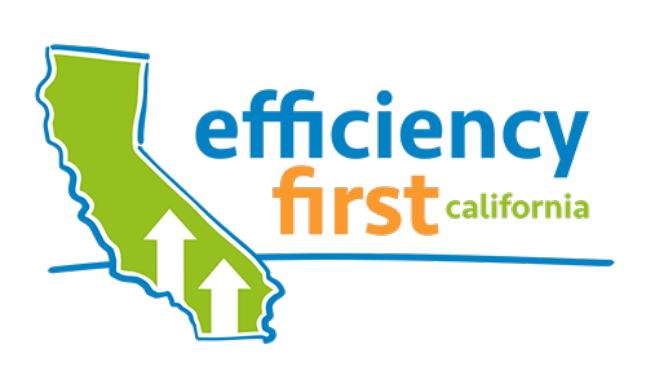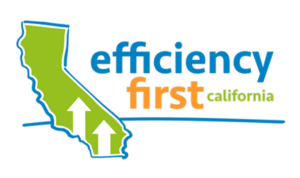Posted by Charley Cormany, EFCA Executive Director
There is no question that the recent election results were a shock to the nation. The voters sent a message: we want change. There is no doubt things will change, but when and how much is yet to be determined.
Energy Efficiency Looks Doomed
It is well documented that President elect Trump does not believe in climate change (He has referred to climate change as a hoax created by the Chinese). He’s not alone: the Republican party as a whole has many supporters who still refuse to acknowledge that human behavior is a contributing factor to global warming. The fact that Republicans now control the Senate and the House of Representatives as well as the White House does not bode well for those of us who are trying to preserve and continue hard-won climate victories. The previous administration went to battle for a clean energy future. Sadly, there is little doubt that many of these accomplishments will be dismantled or derailed by the new administration.
But before you pour yourself another cocktail and slip off to a dark place, keep in mind that many of the efforts we have long supported will survive. The new administration, regardless of their beliefs or intent, will be challenged to make sweeping changes across the board.
The Federal Government is Big Ship to Steer
One thing to remember is although we might have new leadership, we have not lost the legions of people who are working to transform energy markets across the planet. Not every well-intended senator or congressman has just been replaced. Without a doubt some efforts will be compromised (the Environmental Protection Agency’s Clean Power Plan will be a prime target) but many other efforts will persist.
I think it’s safe to say that while Trump may know business, he does not understand government. Trying to apply business strategies to government will be a huge wake up call for the new administration. Yes, some initiatives can be wiped out with the stroke of a pen, but most of the changes Trump has proposed will take a significant amount of time to enact. The process of change at the governmental level is a slow and complicated endeavor, regardless of who you are and what position you hold. Some of this is because we have institutional checks and balances. Some of it is simply part of the political process. It can easily take a year to define a new approach for an existing policy. Once you have outlined your goals it takes time to vet the idea and then even more time to implement it. This can easily take a couple of years, and this assumes no one contests the idea. The point is, the process itself will soften the blow. No matter what the rhetoric, most of the proposed changes will not happen overnight.
The Cheapest Energy is the Energy You Don’t Use
With all the talk of investing in infrastructure it may not take long for the new administration to recognize that energy efficiency is a good business proposition. Building power plants, no matter what fuel they use, is expensive. As renewables compete with fossil fuels on cost—as they do already–they will continue to be a smart choice from a business perspective, regardless of what you think about climate change.
California Has Its Own Energy Agenda
For those of us who live in California the federal impact will be significant but not terminal. The push for clean energy in California is primarily driven by state directives, not the federal government. Even though Washington will have a different cast of characters with a new agenda, California has its own goals and it will continue to pursue them. As the sixth largest economy in the world, California has a lot of power, and we can pursue our own goals to a large extent. It would be a mistake to think that a change in Washington will completely derail all of California’s progress.
Our state has leaders who support clean energy and renewable energy as part of a long-term strategy; energy efficiency is a key component of this plan. The California Energy Commission and the California Public Utilities Commission are currently working together to outline a long-term energy solution for the state. This includes developing an action plan that is looking ten years out and beyond. The next four years will be challenging but we need to focus on the long term. We shouldn’t lose sight of the fact that the clean energy and efficiency industries have survived for many years through many different administrations.
We Can Find Common Ground on Energy Efficiency
The key to weathering the storm is to push ahead and concentrate on effective solutions that make sense from a business perspective. We need new ideas and business models that focus on contractors making money. (That’s why we’ve championed Pay-for-Performance.) If we concentrate on building a clean energy economy built on profits, both sides of the aisle in Washington will be happy.
Charles Cormany
Executive Director
Efficiency First California
Image from iStock.


